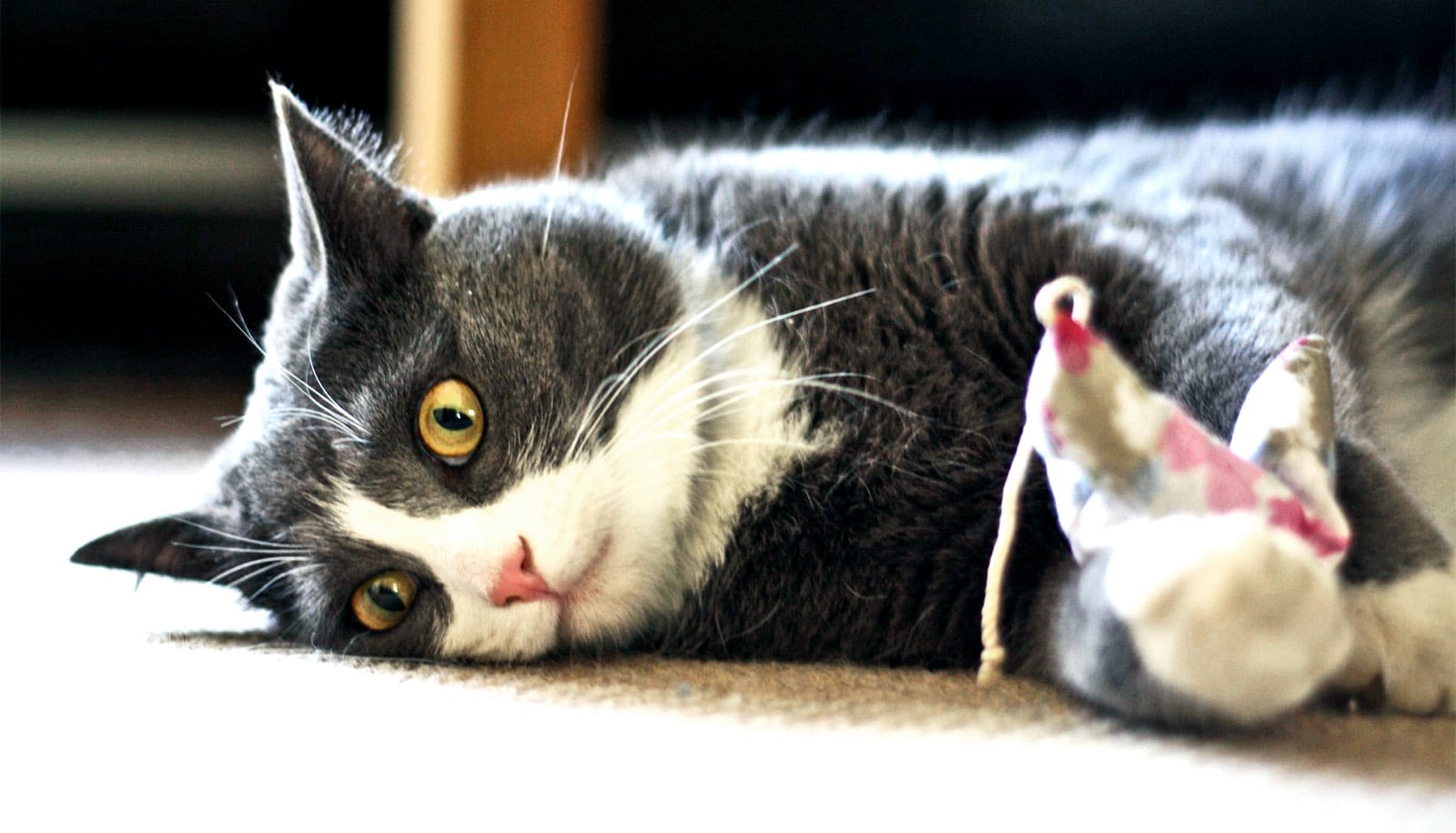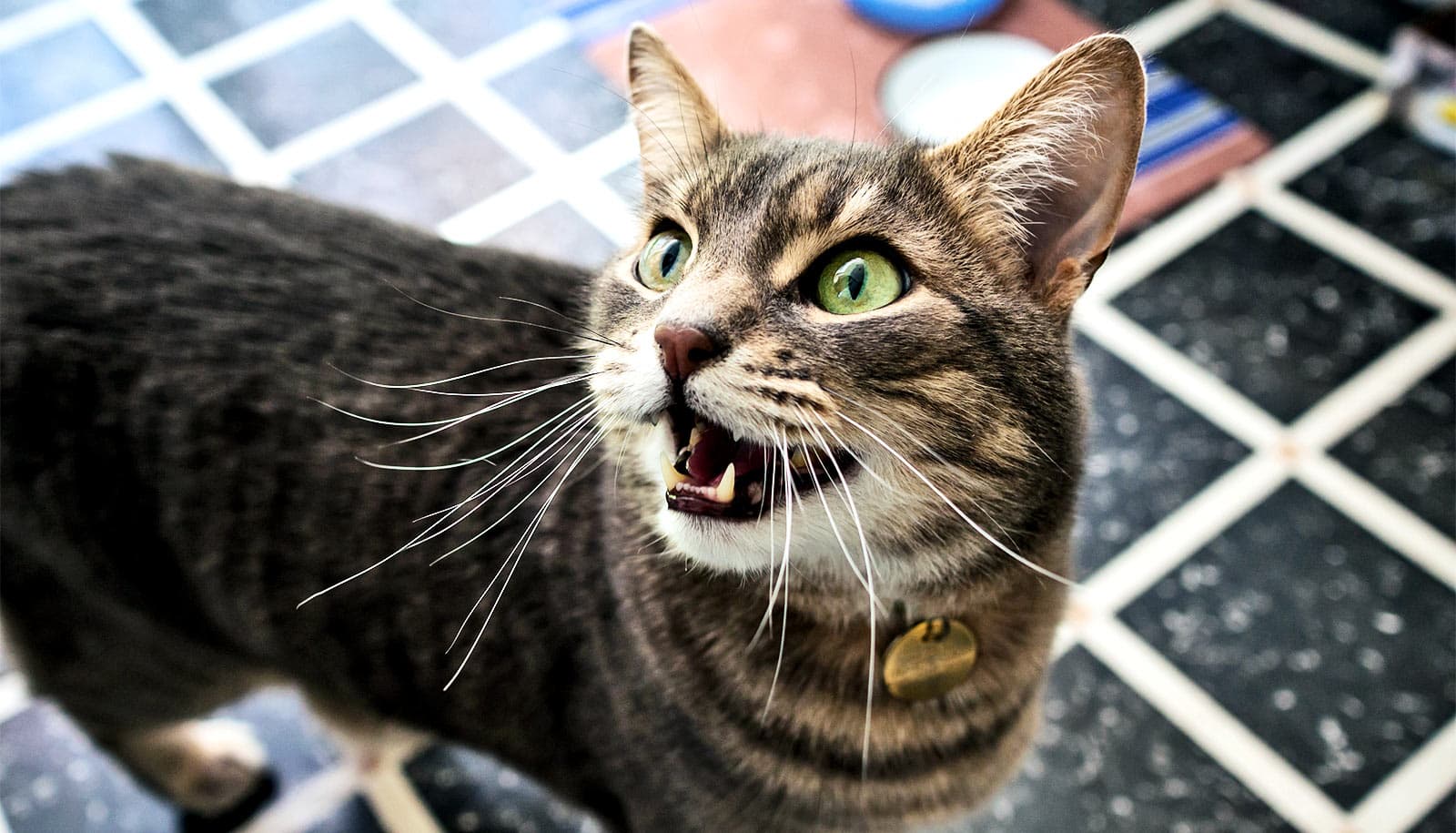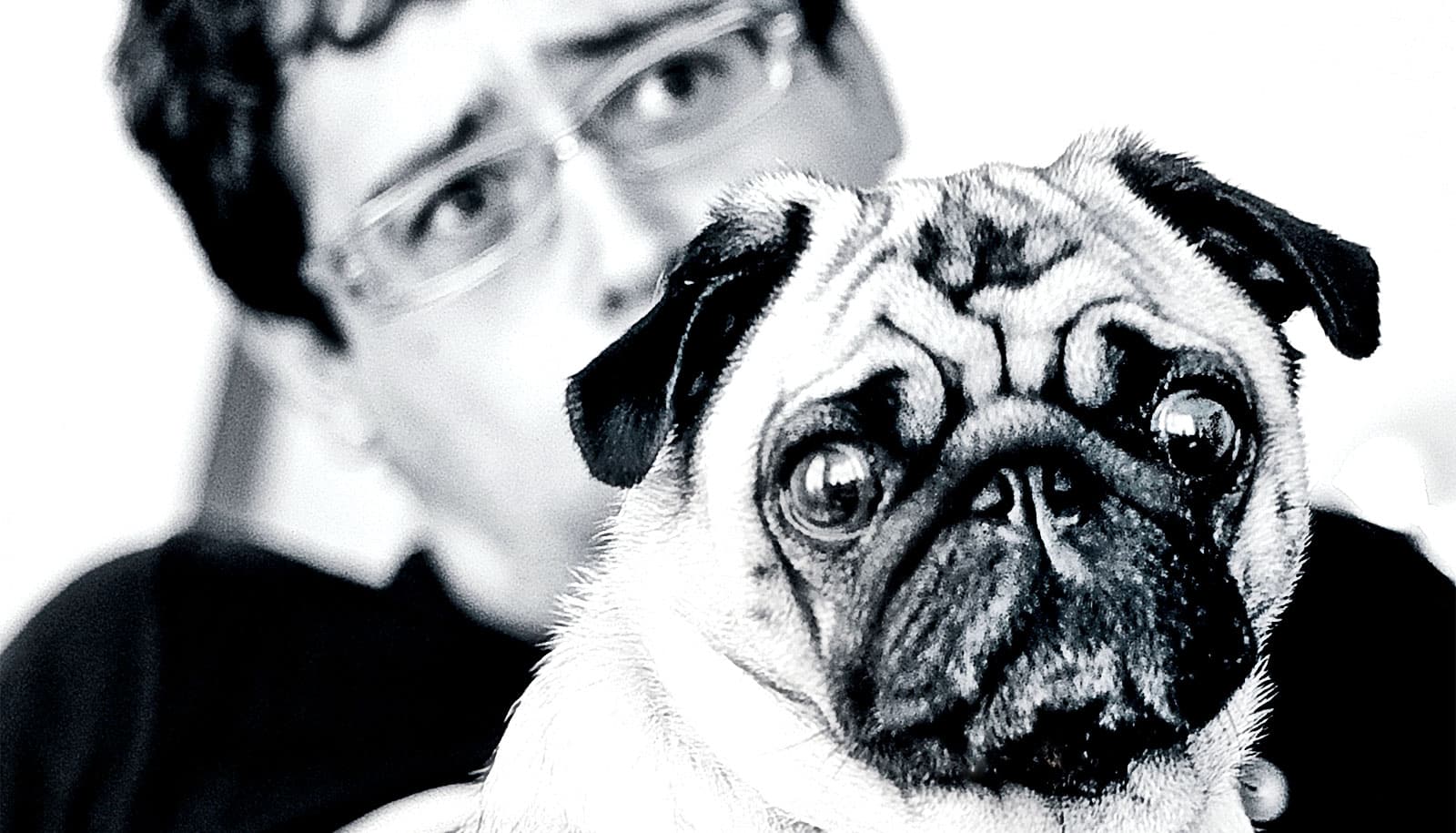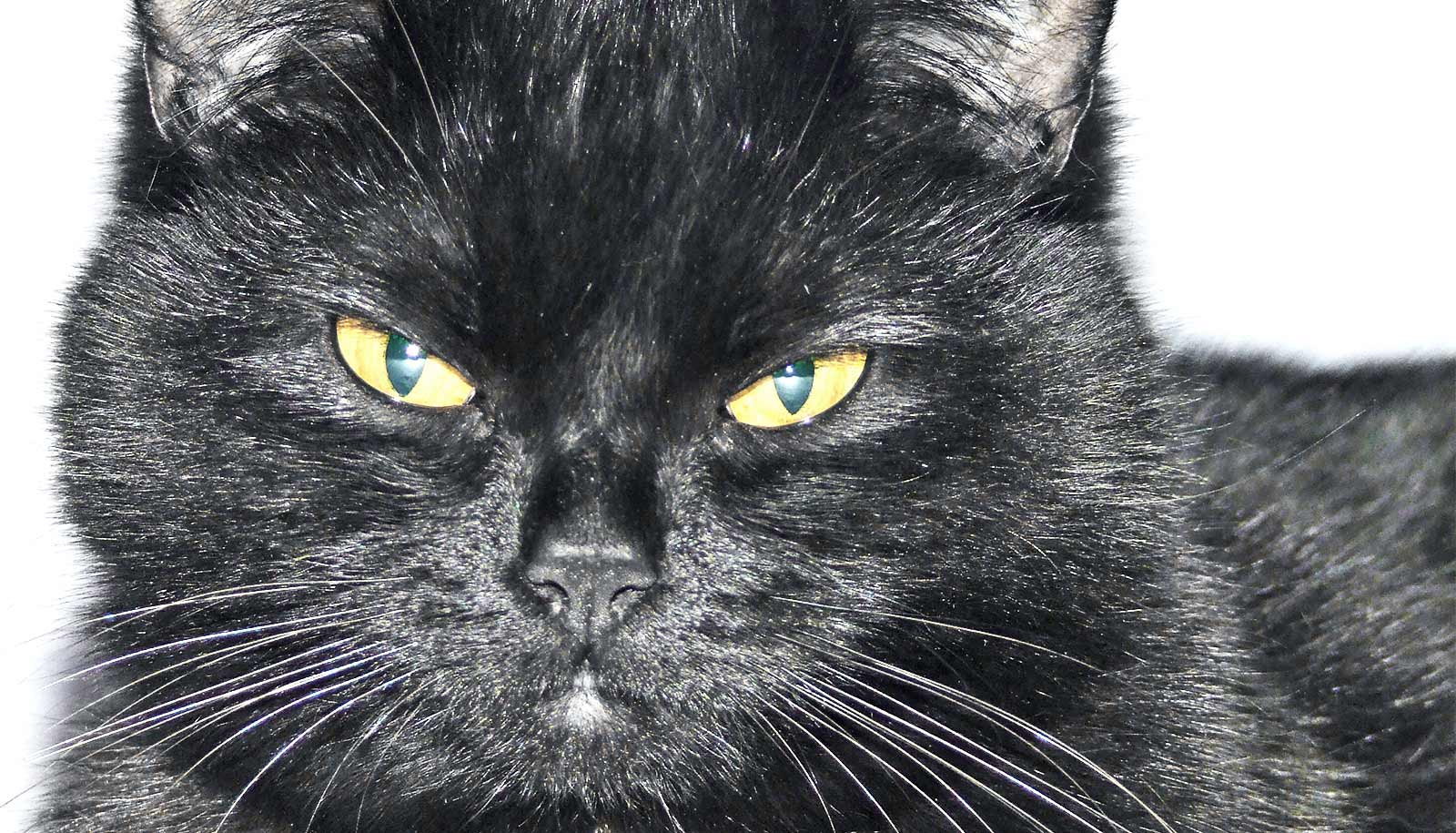The more neurotic and anxious cat owners are, the more trust and affection they have for their cat, researchers say.
The COVID-19 pandemic may have many people feeling anxious. But if you happen to own a cat, they may be benefiting from your anxiety.
“Our study finds that anxiousness may be a positive trait to have because it is associated with trust and affection for a cat,” coauthor Mikel Delgado, a postdoctoral researcher at the School of Veterinary Medicine at the University of California, Davis.
“…a tendency toward negative emotions will affect any relationship, including a relationship with a cat.”
Delgado and coauthor Gretchen Reevy, a psychologist with California State University, East Bay, conducted an online, anonymous survey of 1,239 cat owners. Of the participants, 87% were female. The survey asked questions about how worthy people felt of their cat’s love, how available and trustworthy they felt their cat was, and their general feelings of affection toward their cat.
While higher scores on neuroticism and anxiety could benefit a relationship with one’s cat, the study shows that higher scores on most negative emotions, especially depression, were related to feeling less worthy of their cat’s love. Previous studies have found similar results in romantic relationships and friendships.
“If you are prone to depression, you’re seeing everything through that lens,” Delgado says. “This shows that a tendency toward negative emotions will affect any relationship, including a relationship with a cat.”
In contrast, the way in which negative emotions influenced feelings of trust in a relationship depended on whether the relationship was with a human or cat. In human relationships, depression decreased the feeling that a friend or partner was trustworthy.
Anger decreased the feeling that a cat was trustworthy, and anxiety increased the feeling.
Delgado says she embarked on the study to understand what can help people have a better bond with their pet. A lot of that can be influenced by human behavior.
“While we’re sheltering at home during coronavirus, our cats may be our sole companions. They’re important to our lives,” she says. “But problems with the human-cat relationship put cats at risk for ending up in animal shelters.”
Reevy says it’s important to understand that our personalities can affect how we bond with our pets.
“Cats can be wonderful companions and sources of comfort, and it looks like a person’s personality affects their tendency to appreciate, enjoy, and hopefully benefit emotionally from a relationship with a cat,” Reevy says.
The authors are currently comparing people’s romantic relationships with their relationships with their cat. People interested in participating in the study can click here to learn more.
The study appears in the journal Anthrozoös. Support for the research came from Maddie’s Fund.
Source: UC Davis



